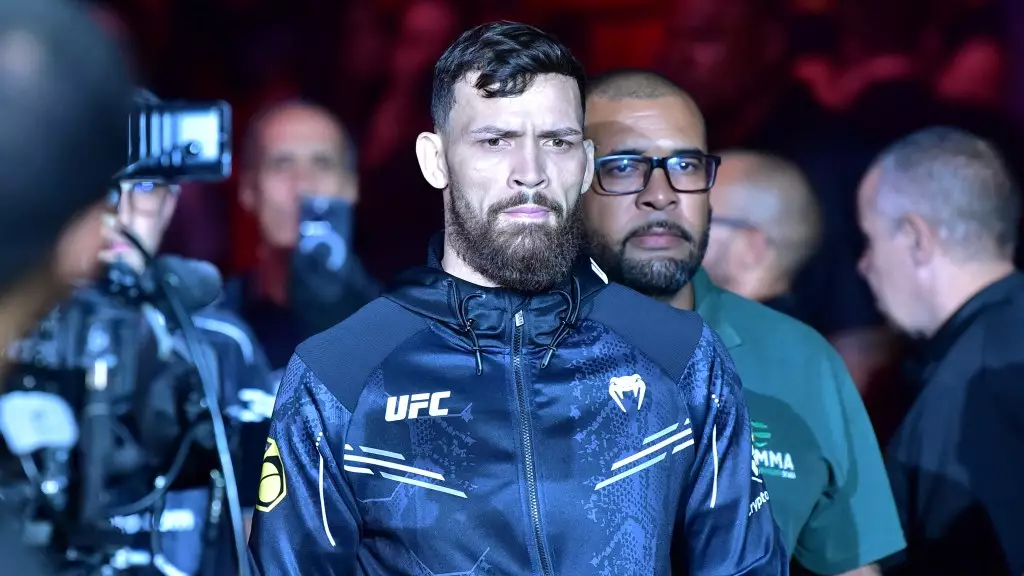The journey of mixed martial artists is often plagued with uncertainties, and Mauricio Ruffy’s case is no different. As the UFC gears up for its exciting UFC 309 event scheduled for November 16 at Madison Square Garden, Ruffy finds himself in a familiar predicament: without an opponent. After a promising debut where he showcased his skills by defeating veteran Jamie Mullarkey in a first-round knockout, the UFC’s attempts to match him with new challengers have repeatedly fallen through. It raises the question—what are the underlying reasons that impact fighter matchmaking in the UFC?
The Frustrating Pattern of Opponent Withdrawals
Ruffy’s experience is not an isolated incident; it reflects a broader challenge facing the UFC where fighter availability can impede event planning. Charlie Campbell, Ruffy’s most recent rumored opponent, has joined a growing list of fighters who have pulled out either due to injuries, contractual disputes, or personal reasons. Each withdrawal not only stalls a fighter’s momentum but complicates the promotional narrative surrounding upcoming events. For Ruffy, who is currently 10-1 in MMA and sits at 1-0 in the UFC, securing the right fights is crucial for his career progression and visibility within the organization.
The UFC’s strategy of matching fighters often involves balancing fan anticipation with athlete readiness. The promotion has reportedly sought to book Ruffy for other significant events, including UFC 303 and UFC 307, but these efforts have also met with hurdles. The reality of the promotional landscape indicates that promising fighters like Ruffy may find themselves sidelined for considerable periods due to the lack of suitable opponents. This predicament raises the question of how the UFC prioritizes and schedules fighters, especially those who have demonstrated impressive skills early in their careers.
Despite the setbacks for Ruffy, UFC 309 boasts an electrifying lineup featuring renowned fighters and heavyweight title bouts, such as Jon Jones facing off against Stipe Miocic. This sizeable attraction could overshadow Ruffy’s situation temporarily, but it also exemplifies the fierce competition in the organization. Fans eagerly await marquee matchups, which can sometimes eclipse emerging talents. While Ruffy’s delayed matchup may seem minor, it is a reminder of how quickly fortunes can shift within the competitive environment of MMA.
As Ruffy seeks to solidify his standing within the UFC, he must navigate not just the challenge of finding an opponent for UFC 309 but also the inherent complexities of the prize fighting industry. With dedication and talent, he has the potential to thrive once he finds his footing in the cage again. The struggle of securing a matchup is just one chapter in his evolving narrative, but it is a pivotal one that will shape his future endeavors in the octagon. While the waiting game can be frustrating, it ultimately tests the resolve of a fighter, shaping them for the challenges that lie ahead.

